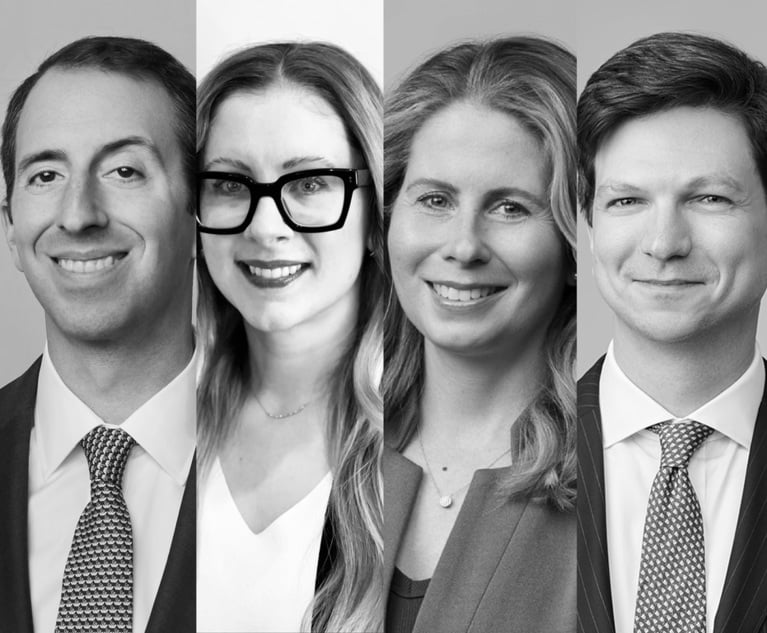SUPREME DISAPPOINTMENT - On Monday, the U.S. Supreme Court celebrated the start of the NFL playoffs by punting what could have been a decisive case regarding attorney-client privilege. In In re Grand Jury, No. 21-1397, the district court and the Ninth Circuit both said a law firm hired to prepare tax returns for a client could not shield its communications with that client from disclosure in a criminal investigation. As Law.com’s Maria Dinzeo reports, the justices’ decision (or lack thereof) was a blow to in-house counsel seeking clarity on how attorney-client privilege applies to their everyday dealings. Susanna McDonald, Association of Corporate Counsel vice president and chief legal officer, said the court missed an opportunity to weigh in on whether attorney-client privilege applies to “dual purpose” communications that contain advice on multiple legal and nonlegal issues. “In-house counsel need clarity on how all courts will view their client communications so that they can provide the best possible legal advice while also fulfilling their role as a strategic business partner,” McDonald said.
RELENTLESS REGULATION - Big Law is making big investments in regulatory capabilities as tech and financial services become ever more intertwined. In recent months, Orrick, Davis Wright, Paul Hastings, Cooley, Wilmer, Polsinelli, Cravath and Fenwick have all welcomed regulatory partners. So what’s behind this trend? “For a long time, industries stayed in their own lane,” Kent Zimmermann, a law firm consultant at Zeughauser Group, told Law.com’s Jessie Yount. “Financial services was in one lane, tech was in one lane, life sciences was in one lane. Today they’re all converging, partly because of tech-driven innovation. That is partially why [those sectors] are increasingly regulated.”










